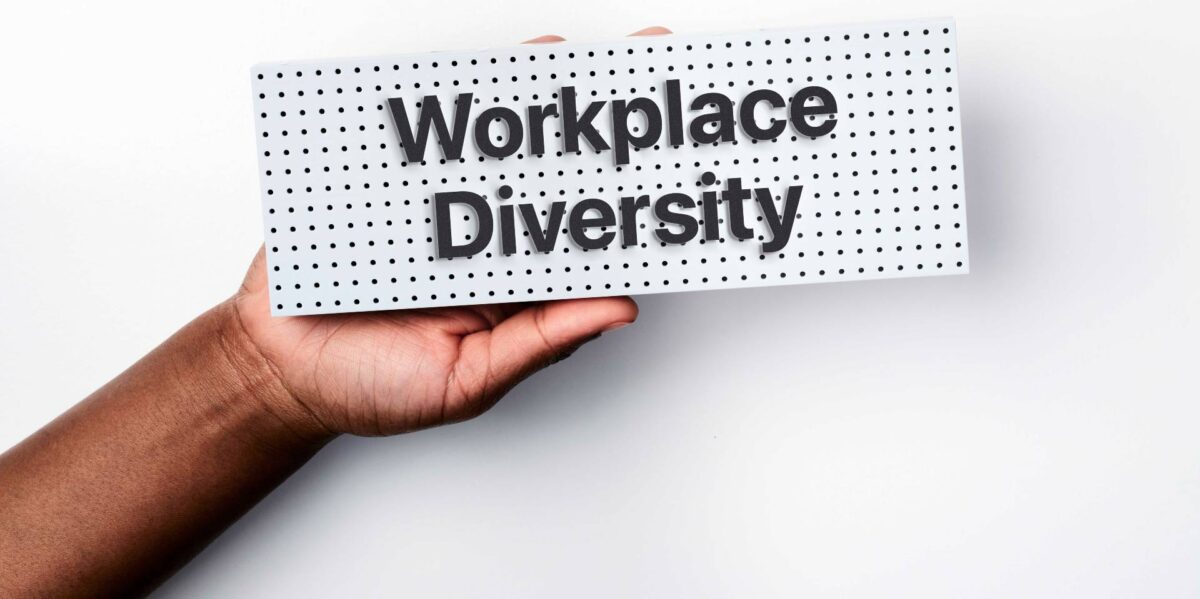Sexuality based discrimination experienced in the workplace can harm the health of those oppressed, according to a newly released study by the Community-Based Research Centre (CBRC), a Vancouver based research centre that promotes the health of people of diverse sexualities and genders.
“Despite the social and legal gains of the last three decades, gay, bisexual and men who have sex with men (GBMSM) continue to face violence and discrimination, including in workplace settings,” Said Dr. Olivier Ferlatte from the Université de Montréal in a press release. Ferlatte was the lead author of the CBRC study.
“It is important to recognize that workplace discrimination not only limits employment opportunities for this population, but it is also detrimental to their health and wellbeing,” Ferlatte added.
The study analyzed data collected for a 2015 survey. Of the more than 7,000 respondents, the study found that an “important minority” of GBMSM experienced discrimination in the workplace. Approximately 6.5 per cent of respondents experienced workplace discrimination.
Those who identified as queer, Indigenous, Latino, or low-income experienced higher rates of discrimination than those who identified as gay or bisexual, white, or earned an annual income of more than $60,000.
“Social location and how you identify can have a huge influence on our health. For example, there have been multiple studies that income has a huge influence on our health. Higher income can help us have access to more resources,” Ferlatte explained. “People who are sexual minorities or gender minorities experience additional stress. This population faces multiple inequities in terms of mental health and some physical outcomes. The health issues that are faced by the community are not inherent. They’re not because people are 2SLGBTQ+, it’s because they are in an environment that often creates a lot of stress.”
Ferlatte explained that for demographics within the 2SLGBTQIA+ community that face higher levels of discrimination, understanding their oppression from an intersectional lens helps to explain why the struggles are so acute.
”Many of these people may find themselves in employment that are way more precarious,” Ferlatte said. “There could be poor conditions or an environment where there’s less support for employees.”
The study asserts that in light of the negative health outcomes caused by discrimination, more must be done to protect employees in the workplace. Ferlatte gave an overview of findings from other studies that may help guide employers as they build more inclusive spaces.
“We’ve learned from research that has been done in schools that if a school has anti-harassment or anti-bullying policies that are very generic, they often do little to actually protect trans and 2SLGBTQ+ people,” Ferlatte explained.
Opposing discrimination in the workplace must be proactive
The solution, according to Ferlatte, is to create anti-harassment and anti-bullying training that is explicit in opposing homophobia, transphobia and other forms of bigotry.
Colin Druhan, Executive director of Pride at Work Canada, an organization that helps employers build more inclusive workplaces and a community partner of CBRC, said that he thinks it’s important for employers to understand their own workplace’s specific situation.
“The first thing a lot of employers go to is training. That’s their first instinct,” Druhan said. “My advice is always to ignore that instinct and do something else. I think there’s a time and place for training, but I think you can’t training isn’t effective unless you know what outcome you’re trying to achieve. You don’t know what outcome you’re trying to achieve before you do some analysis.”
Both Druhan and Ferlatte highlighted that specificity is key. While Ferlatte encourages workplaces to be explicitly against homophobia, Druhan said employers must also understand the culture that has developed in workplaces in order to effectively change it.
“I see this tendency to focus on the education and training for cis-straight people. So people who aren’t members of the two 2SLGBTQ+ communities,” Druhan said. “I understand that instinct where you want to go to the people who know the least, and you want to remedy any kind of poor behavior.”
Beyond educating those outside of the community, Druhan said that there must also be adequate support for 2SLGBTQ+ employees.
“It’s a far more fruitful endeavour to focus your efforts on supporting queer and trans people in the workplace,” Druhan continued. “So asking them what they need, right? When I talk to people who have progressed into leadership positions, it’s not often that they say, ‘My company did a training about vocabulary to use when speaking with queer and trans communities, and it changed my life. It elevated me to this executive position.’ I’ve never heard anybody say that before. But people do say, ‘My organization supported my development as a manager, they sent me on training. They helped find the training opportunities or development opportunities where I could meet and interact with other queer people who understood my experience in the workplace.’”
Building more accepting workplaces could help attract more potential employees as well as improve health outcomes of marginalized people.
“The workplace is a place that is significant in our lives. This is where we spend most of our waking hours. We spend a lot of time at work for many, many, many years,” Ferlatte said. “Things have improved a lot in the last 25 to 30 years and there’s now legislation to protect us in the workplace. But we know law is not enough to change societal culture. Discrimination was not cured. There still seems to be a need for curing according to our study.”



